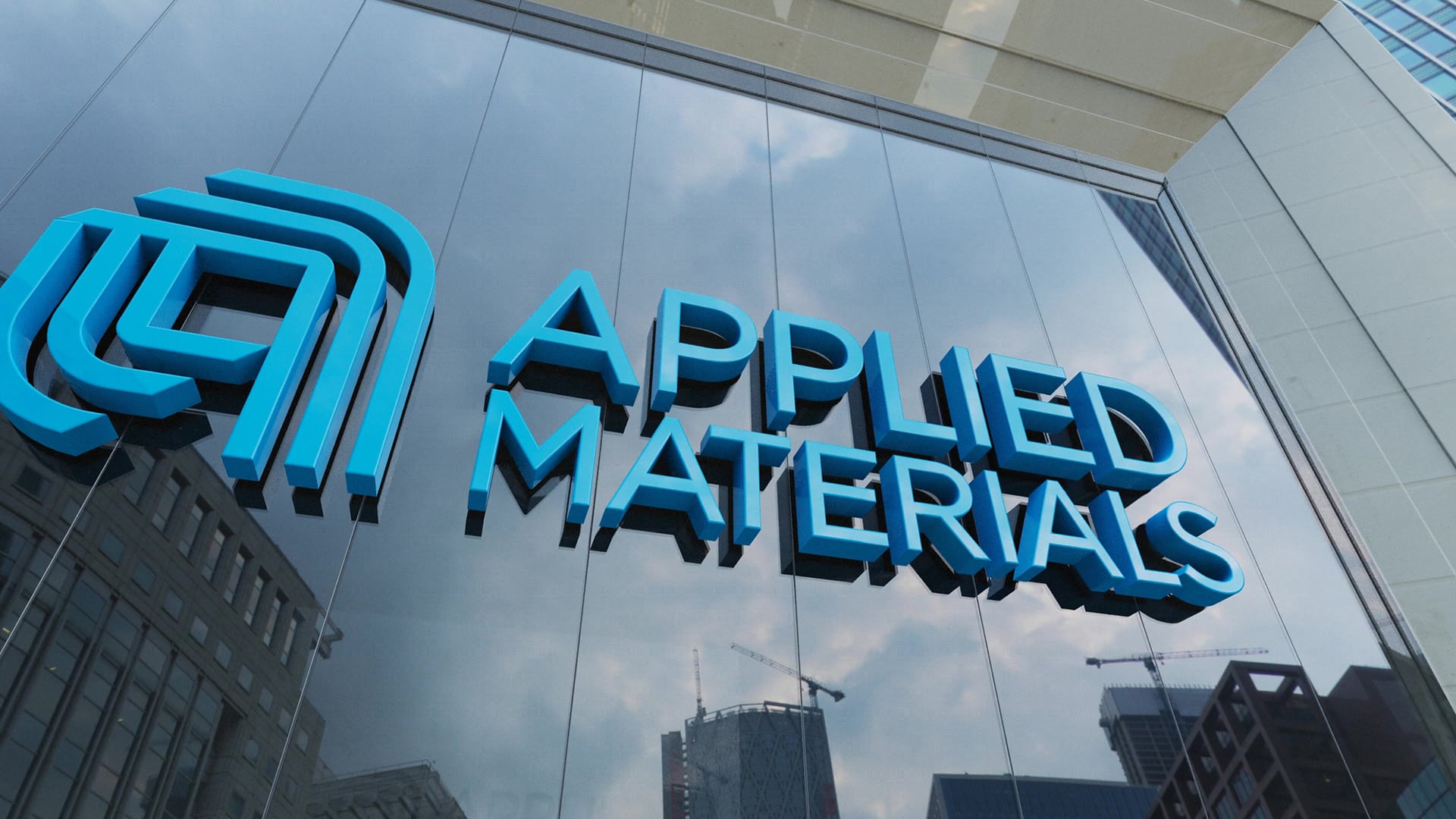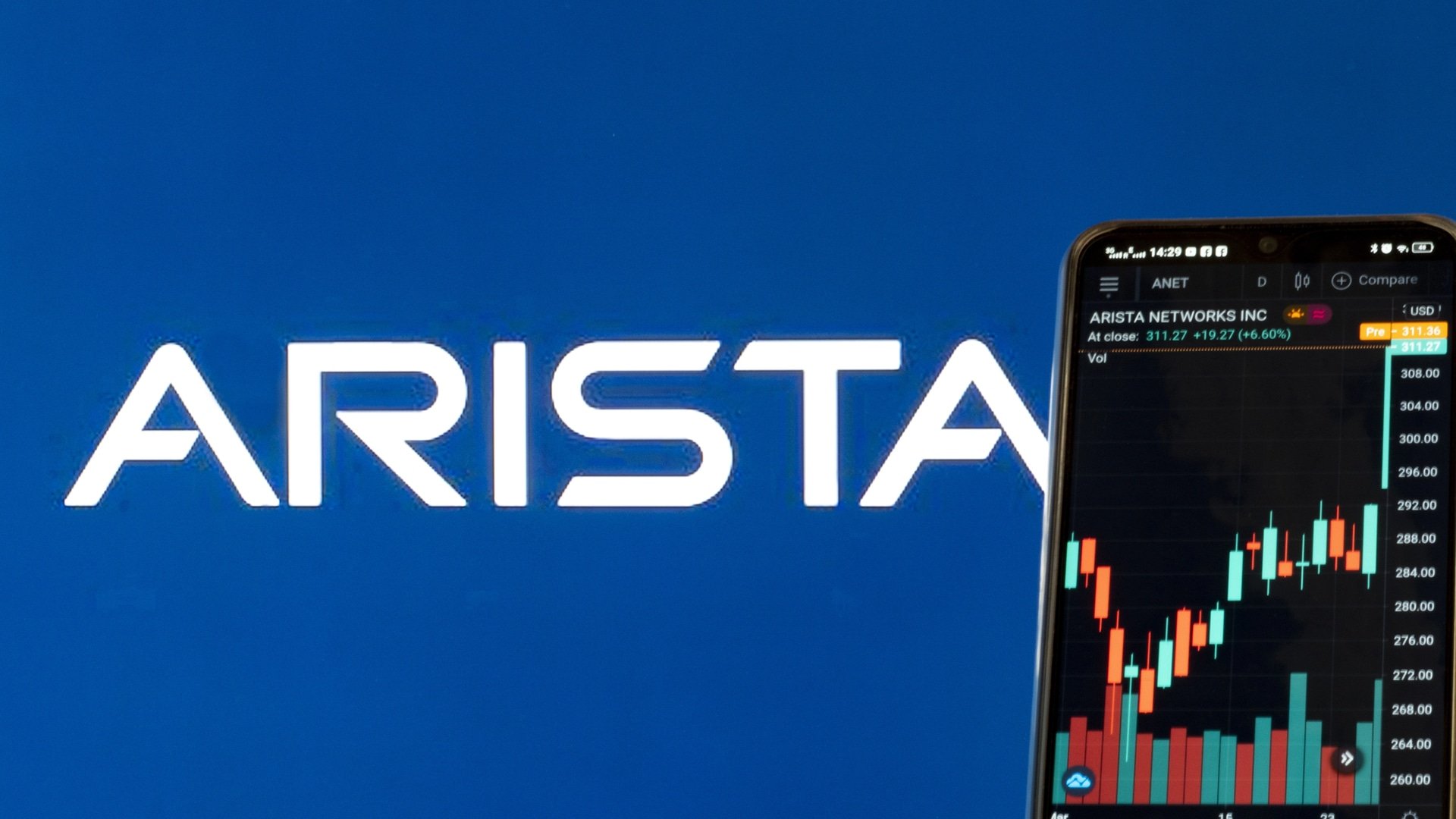The labor shortage in the travel & hospitality sector has continued to be a challenge as the Omicron variant swept through the industry, causing havoc during late 2021/early 2022 holiday travel. The use of chatbots in the travel sector is nothing new and they have long been used in a variety of uses cases. The use of bots in the travel & hospitality sector can help ease a variety of friction points, and examples are plentiful. Applications could include itinerary planning and comparisons, booking, real-time feedback collection, customer service queries, and call center support. LivePerson has estimated that up to 62.5% of conversations in travel & hospitality can be automated, allowing for potential cost savings for companies in that segment and less frustration for those who need immediate assistance.
During this time period of continued uncertainty in day-to-day staffing levels, the use of conversational artificial intelligence (AI) will continue to be a boon. Andrei Papancea, CEO and founder of AI specialist NLX, was recently quoted in Hotel Technology News: “We are hearing from hotel operators that the employees they shed at the start of the pandemic are simply not returning as business is picking up. Even if they are able to recruit and hire new staff, there is a long learning curve to get those staff up to speed.” Hotel operators are definitely taking note. Hospitality Technologies latest report, Lodging Technology Study – Redefining the Guest Experience reports that 36% of hotel operators plan to add or upgrade chatbot technology in 2022. Some companies have created purpose-built platforms for hotels, such as the newly introduced Bella, the virtual hotel agent from Travel Outlook. According to the company, Bella can answer up to 60% of the calls for the front desk. It can be branded and personalized, and understands human inflections and multi-turn queries. Bella can answer more than 100 frequently asked questions (FAQs), specifically chosen by the hotel.
Conversational AI is also being used for back-end experiences such as booking and itinerary planning. RedDoorz, Southeast Asia’s largest hotel management and booking platform recently announced it would be implementing conversational AI from Jio Haptik Technologies Limited to help provide personalized customer support across its website, mobile apps, and messaging channels, including WhatsApp and Facebook Messenger. Haptik’s solution helps improve first-time resolution and reduce customer handling times for support queries in a variety of languages. Similarly, Amtrak worked with customer engagement (CE) provider Verint to build Ask Julie, which was designed to act like a customer service agent. The virtual assistant provides guidance during the entire booking process, and can assist with FAQs and hotel/car rental reservations. Ask Julie answers more than 5 million questions annually and has resulted in an 8x return on investment (ROI).
Conversational bots and virtual assistants can help automate low-level tasks and have been described as a cost-effective investment by those in the travel industry, quickly solving many basic problems around the clock. However, the mismatch between technology implemented and customer expectation of chatbots will need to be addressed and those implementing the technology should keep laser focused on the use cases where conversational AI is most effective and comfortably accepted by the end-user. Verint recently published research indicating that consumers often have a level of frustration about chatbots. Nearly one-third (32 percent – say they rarely or never feel understood by a chatbot (only 28 percent say they always or often feel understood), and over 30 percent say a chatbot rarely or never fully answers their questions. The heightened expectations people have of chatbot interaction should spur technology improvements. According to Jen Snell, Verint’s VP, go-to-market Conversational AI, “Businesses rely on chatbots now more than ever and customer expectations are higher than they’ve ever been. These demands and expectations are fueling the next generation of chatbots that are more intelligent, personalized and effective… Chatbots need to move beyond micro-smarts to become intelligent systems that deliver advanced understanding, assistance, and intelligence” Looking forward, it is clear that these technologies will not just be a stopgap measure in travel & hospitality, but will continue to see adoption as travel companies look for the operational efficiencies that these technologies can produce, and will likely evolve to solve increasingly complicated scenarios in a more personalized manner.
Author Information
As a detail-oriented researcher, Sherril is expert at discovering, gathering and compiling industry and market data to create clear, actionable market and competitive intelligence. With deep experience in market analysis and segmentation she is a consummate collaborator with strong communication skills adept at supporting and forming relationships with cross-functional teams in all levels of organizations.
Sherril holds a Master of Business Administration in Marketing from University of Colorado, Boulder and a Bachelor of Arts in Psychology from Rutgers University.








